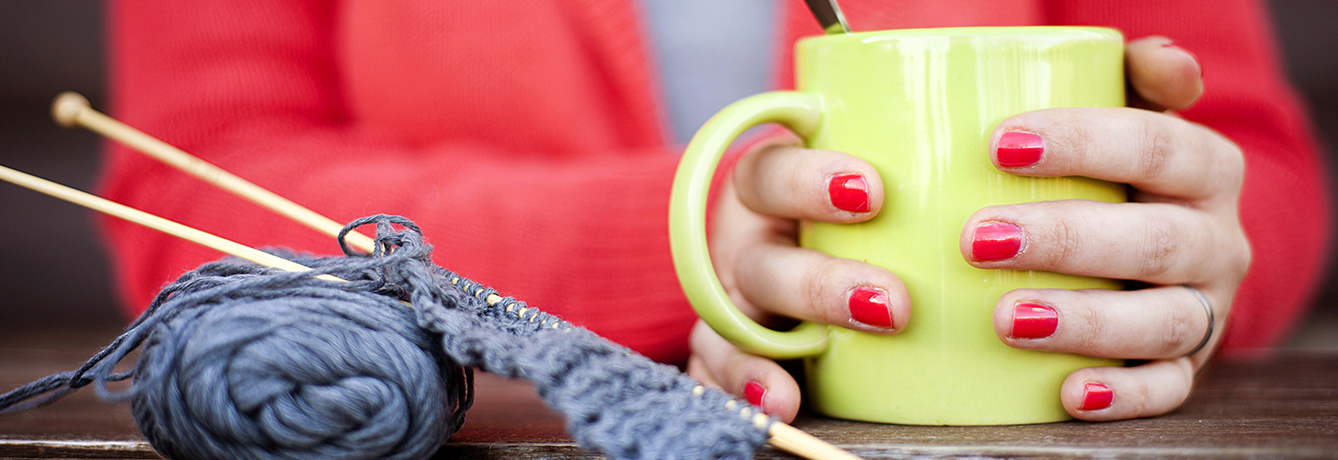Coffee, cocoa and tea are often prized — not just as a pick-me-up — but as beverages brimming with potential health benefits. One reason caffeine serves as such a reliable stimulant is its prowess in crossing the blood-brain barrier — but caffeine crosses other barriers within the body as well, including the placenta that nourishes and protects growing fetuses. As a result, high caffeine intake could indicate potentially double miscarriage risk, according to recent research.
In a study published in the
American Journal of Obstetrics and Gynecology, researchers from Kaiser Permanente compared caffeine intake with incidence of miscarriage among 1,063 pregnant women in San Francisco over a two-year period. The result: Those who consumed more than 200mg of caffeine per day (the equivalent of two or more cups of regular coffee or one 20-oz.bottle of caffeinated soda) had twice the miscarriage risk as caffeine abstainers. Even moderate caffeine intake correlated with a 40% increased risk.
While this study is far from the final word on caffeine intake during pregnancy, concerned expectant moms may want to opt for other energy boosters like exercise, healthful fruit and veggies — all of which help women avoid unnecessary weight gain, which could increase miscarriage risk by 67%. Other interesting findings from previous research:
- According to a study published in Pediatric Diabetes, expectant moms who ate more vegetables had a lower risk of giving birth to infants predisposed to diabetes.
- A Rockefeller University animal study linked a high-fat pregnancy diet with a higher weight for offspring later in life.
- A study published in the Journal of Reproductive Medicine found higher rates of twins among dairy-consuming women.
Bonus: Watch our interview with world-renowned expert on nutrition and pregnancy, Professor Steven Zeisel of the University of North Carolina.
Published December 1, 2010



